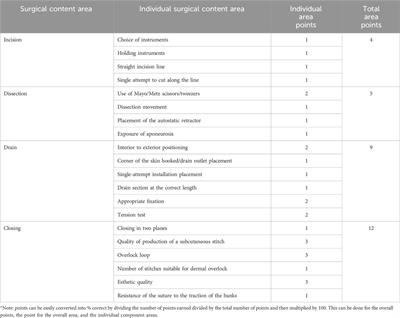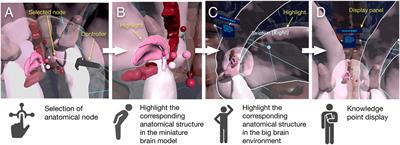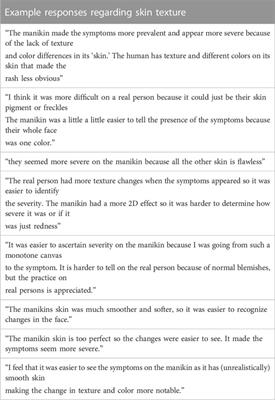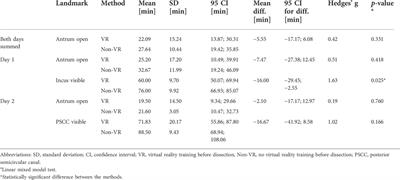EDITORIAL
Published on 03 Jan 2025
Editorial: Redefining the pedagogy in virtual and augmented reality in medical science education
doi 10.3389/frvir.2024.1533837
- 607 views
2,049
Total downloads
11k
Total views and downloads
EDITORIAL
Published on 03 Jan 2025
ORIGINAL RESEARCH
Published on 26 Sep 2024

ORIGINAL RESEARCH
Published on 08 Jan 2024

ORIGINAL RESEARCH
Published on 14 Apr 2023

ORIGINAL RESEARCH
Published on 15 Dec 2022

ORIGINAL RESEARCH
Published on 15 Sep 2022

